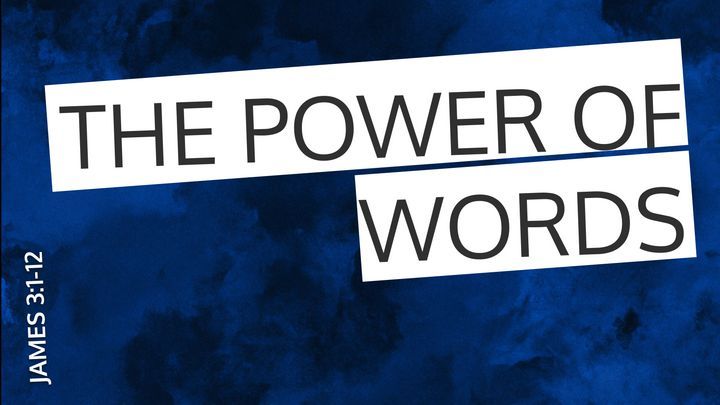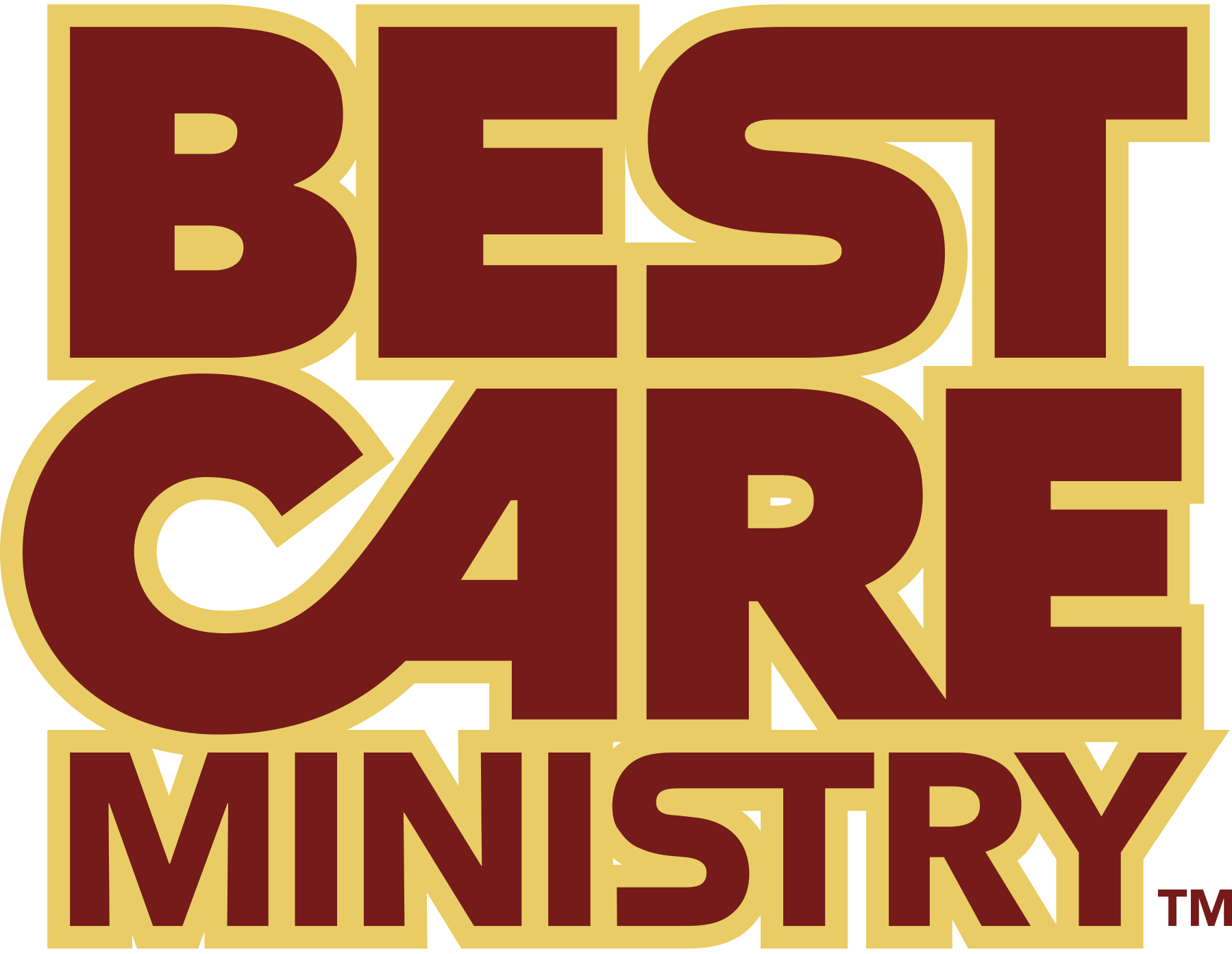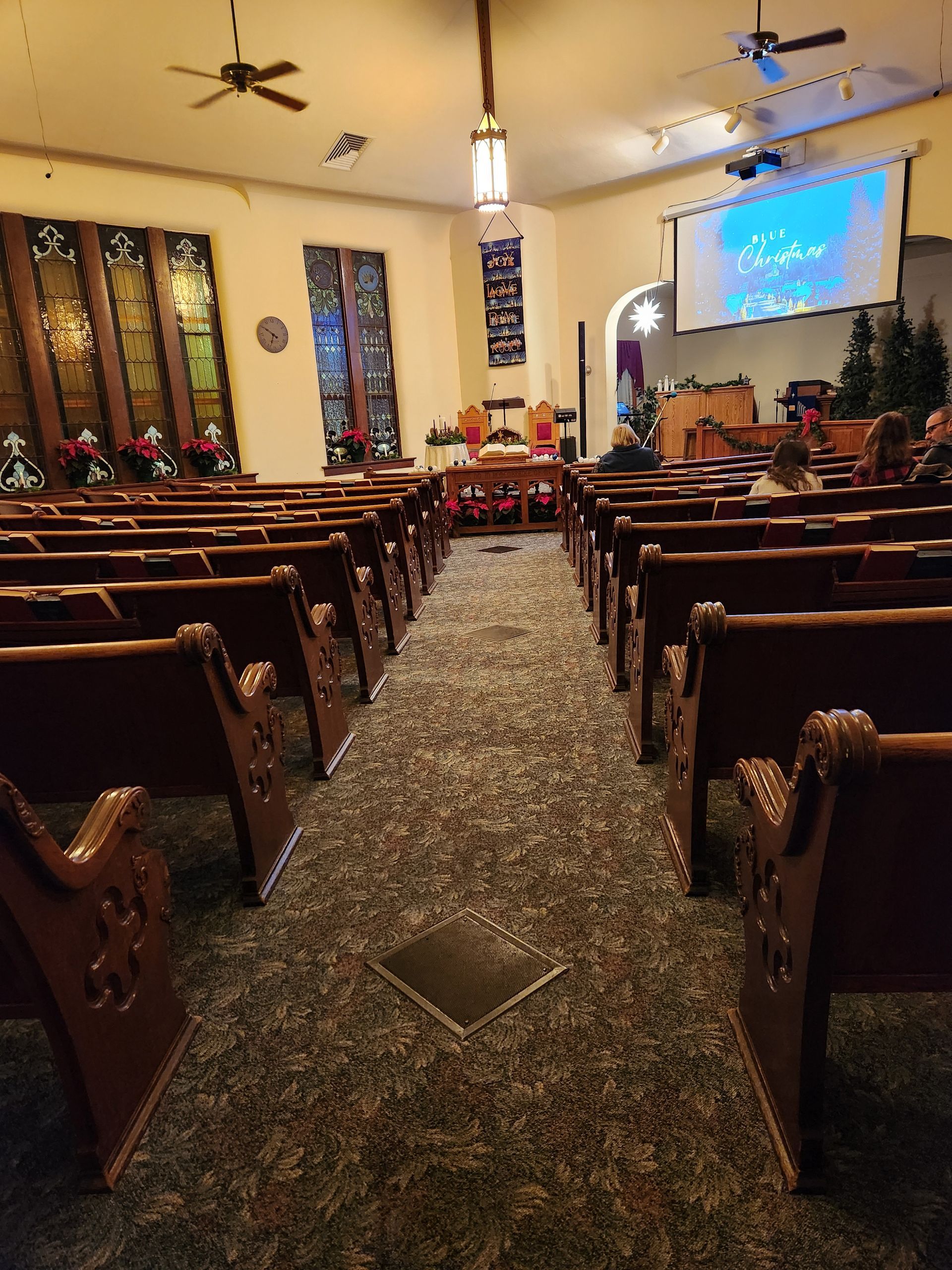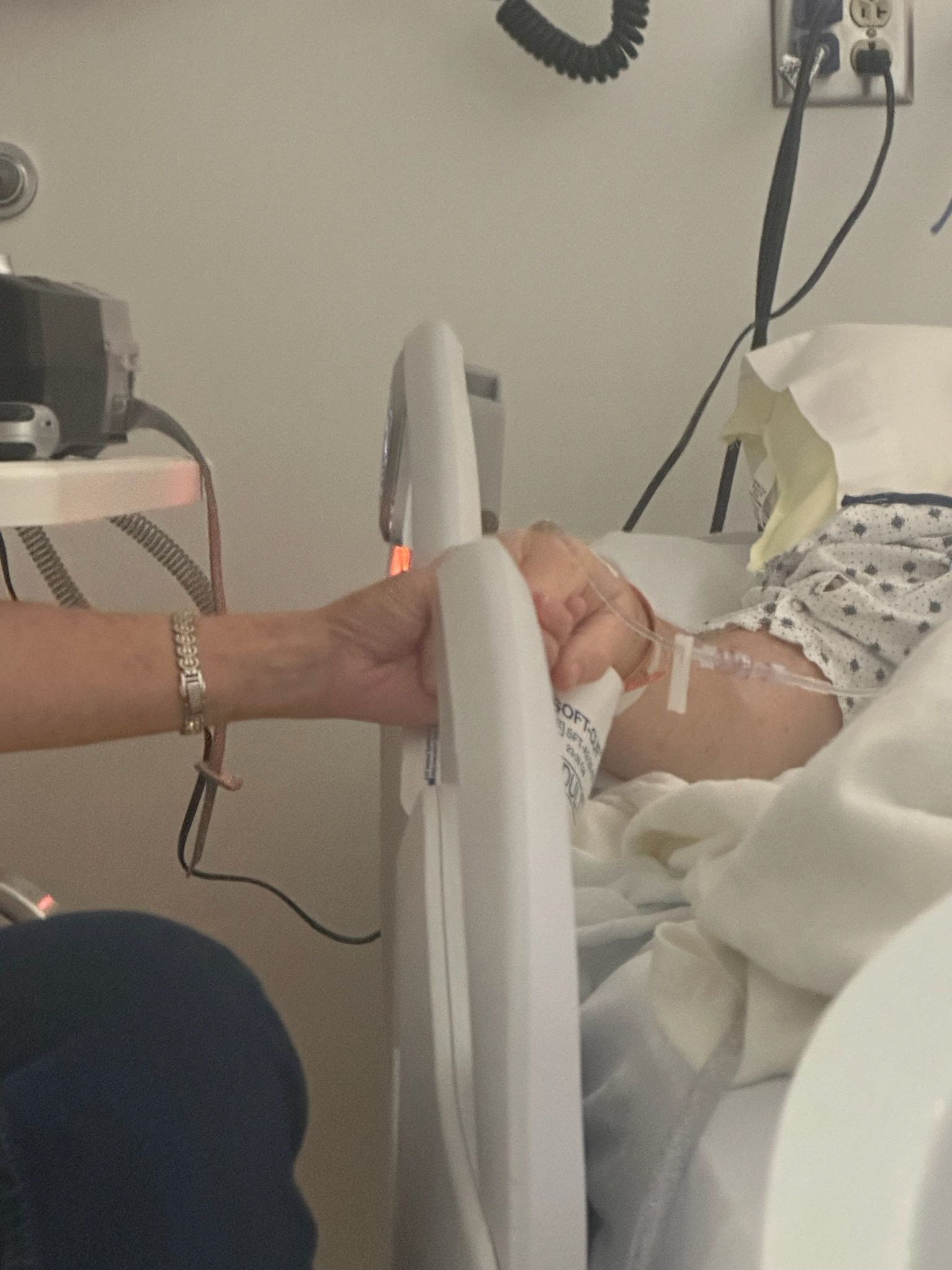"SO" works better than "BUT"
especially when expressing care during a catastrophic event.

Well meaning people who care, make this mistake all the time.
"I'm sorry you have cancer. But, God has a plan."
"It is tough that you have cancer. But be positive. A positive attitude makes a big difference."
Both statements are true. They pass the test for accuracy but they fail at caring for the person with the cancer diagnosis.
I catch myself using making a similar mistake in the first person. "I don't like having this cancer. I am scared about the surgery and the impact that it will have on my body and potential future debility. But, I trust God's plan."
This is the tip of the iceberg. The "but" mistake is made in a lot of different places, especially with grief and loss. "I'm sorry you lost your loved one, but they are in a better place."
"The conjunction "but" means “on the contrary,” and is used to indicate contrast or opposition between elements in a sentence."
"So" is also a conjunction. It means to the "same extent or degree." (Found Online)
It is more agreeable and makes a suggestion or reveals a response to the bad news, more than making a contrast. The contrast diminishes the first. When that happens it can accuse. It sounds like I should feel guilty for the dread and sadness I have about my cancer.
Negative and positive can coexist in these circumstances.
Allowing them to exist simultaneously makes it possible for a person to be both in pain and comforted, fearful and trusting, doubting and hopeful. And, as we offer care it is not our responsibility to get them to the positive place, but to care about where they are now. That will open the opportunity to experience both.
Perhaps, over time, the fear, or the sorrow from grief will diminish, but maybe not. That is not the goal of caring. Being present with the person is our responsibility so they feel cared for. Then they will continue in the battle and we are there to help them find the answers to their questions.
"I'm sorry you have been diagnosed with cancer. So...
- Please know I am hear for you."
- Tell me your greatest fears."
- What are your biggest needs at this time?"
- How are you feeling now?"
"It is tough that you have cancer, so...
- I want you to know I am here if you want to talk."
- What can I do for you? Meals? Mow the lawn? A visit at the hospital?"
- What is going on in your thoughts and feelings?"
- How is this affecting your faith?"
- What are your main questions?"
- How can I pray for you?"
If they do not want to talk, do not force them to. Your presence will be enough and the time to talk will come later. When you do talk, use SO instead of BUT.
In the first person, I've adopted this answer for general purposes.
"I don't like having cancer and am scared about my upcoming surgery. So I will lean into God and seek His help in every way I can for every need I feel so His purpose will be accomplished in and through my life."
People made the same mistake in the recent flood tragedy in the hill country of Texas.
I heard comments like, "We are heartbroken by the devastating loss of this tragedy, but are thankful that over 800 could be saved." I cringed when I heard that.
Without intending to, the well intentioned officials put the loss in contrast to those were saved. They did not need to compare. Both were realities and both could have been recognized more correctly together, either by discussing at separate times or by using the word "so."
"We are heartbroken at the overwhelming loss so we will mourn those we lost and comfort their loved ones and be thankful that many more were saved."
Not only is this more correct, but it brings both groups of people together.
Caring effectively for people is much more than the "touchy-feely" part of life and ministry. It is the necessary ingredient for every situation, especially catastrophic ones. It makes us more engaging in our relationships. Our ministries are more impactful because people are more responsive to people who care effectively. Our culture changes because more people experience the support and comfort they need.
Then a comforted and validated person can more clearly see God's love. Often, we will have the opportunity to describe God's goodness and grace, or help a person continue in their faith.
When something so small can make such a big difference, it is worth the thought and effort to get it correct.
That's why I write about caring effectively and why you read about it. Let's keep working on our caring skills and invite others into the journey.
Care matters! Your care matters!











